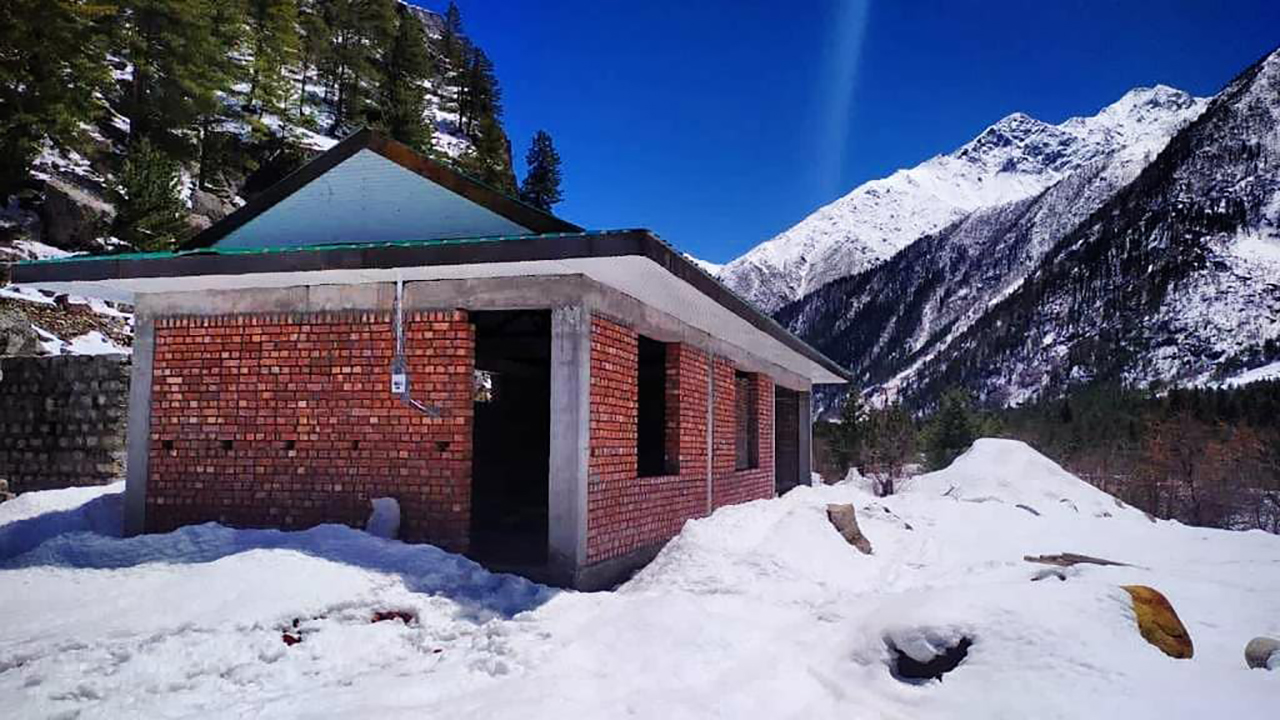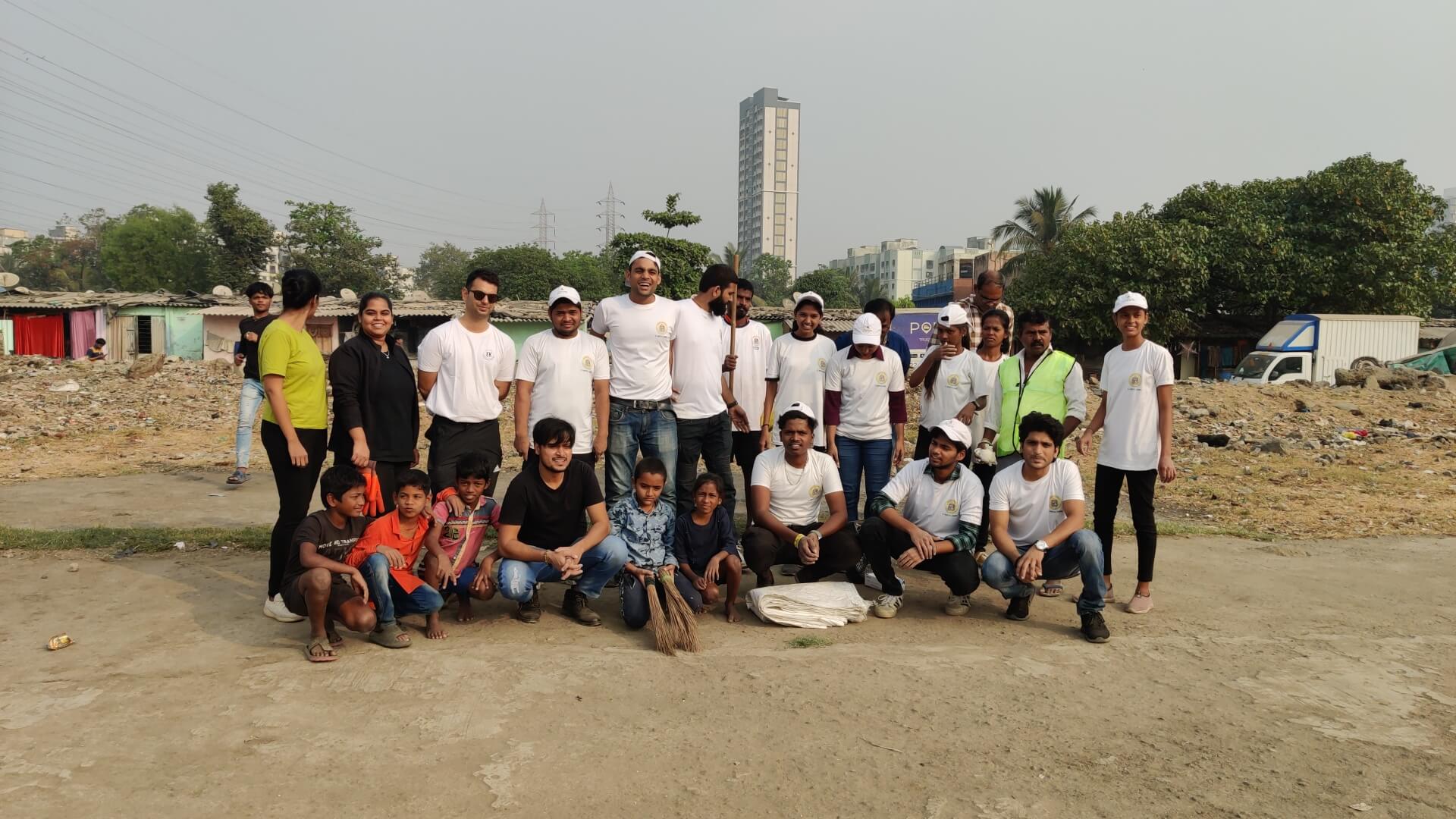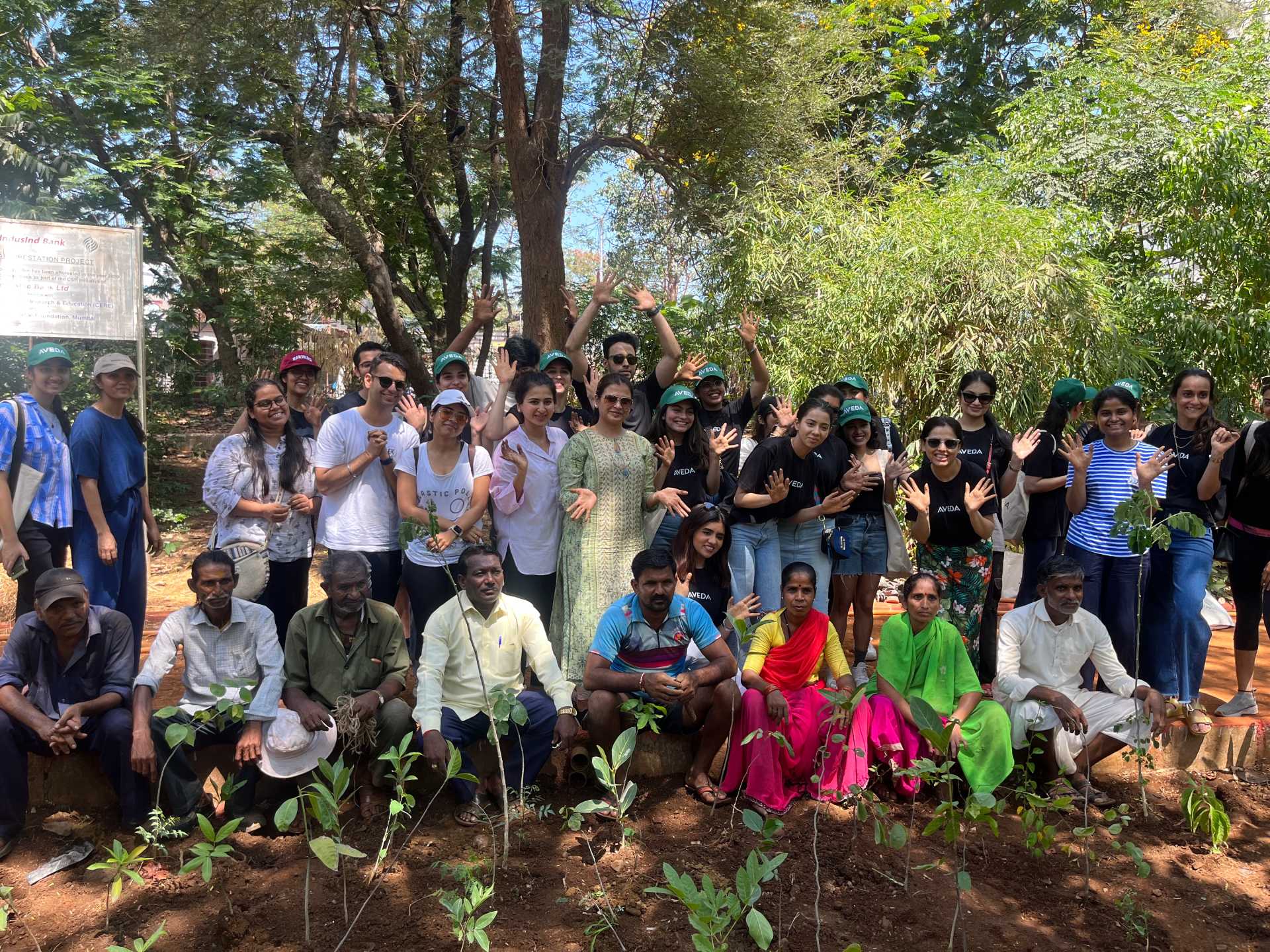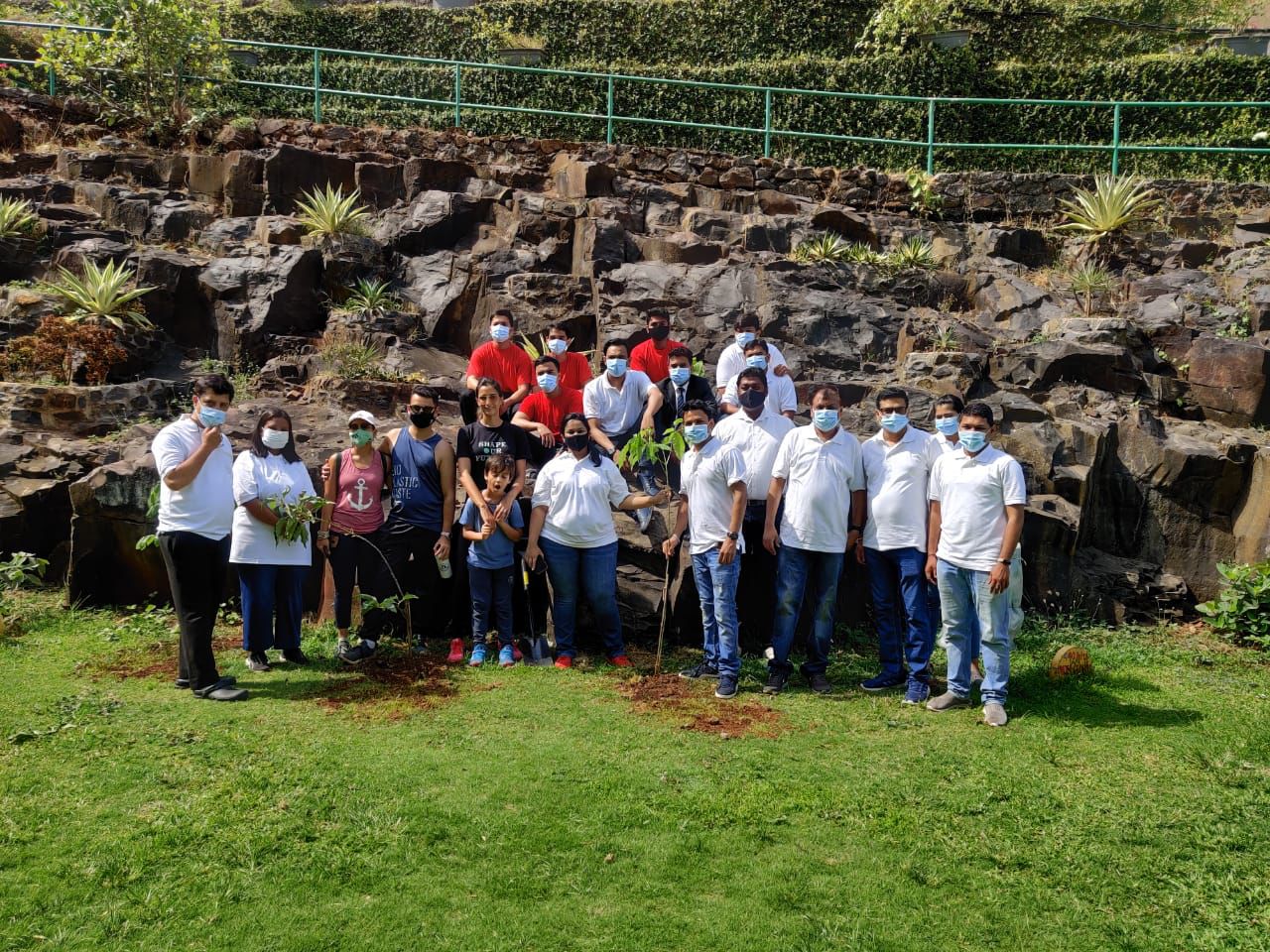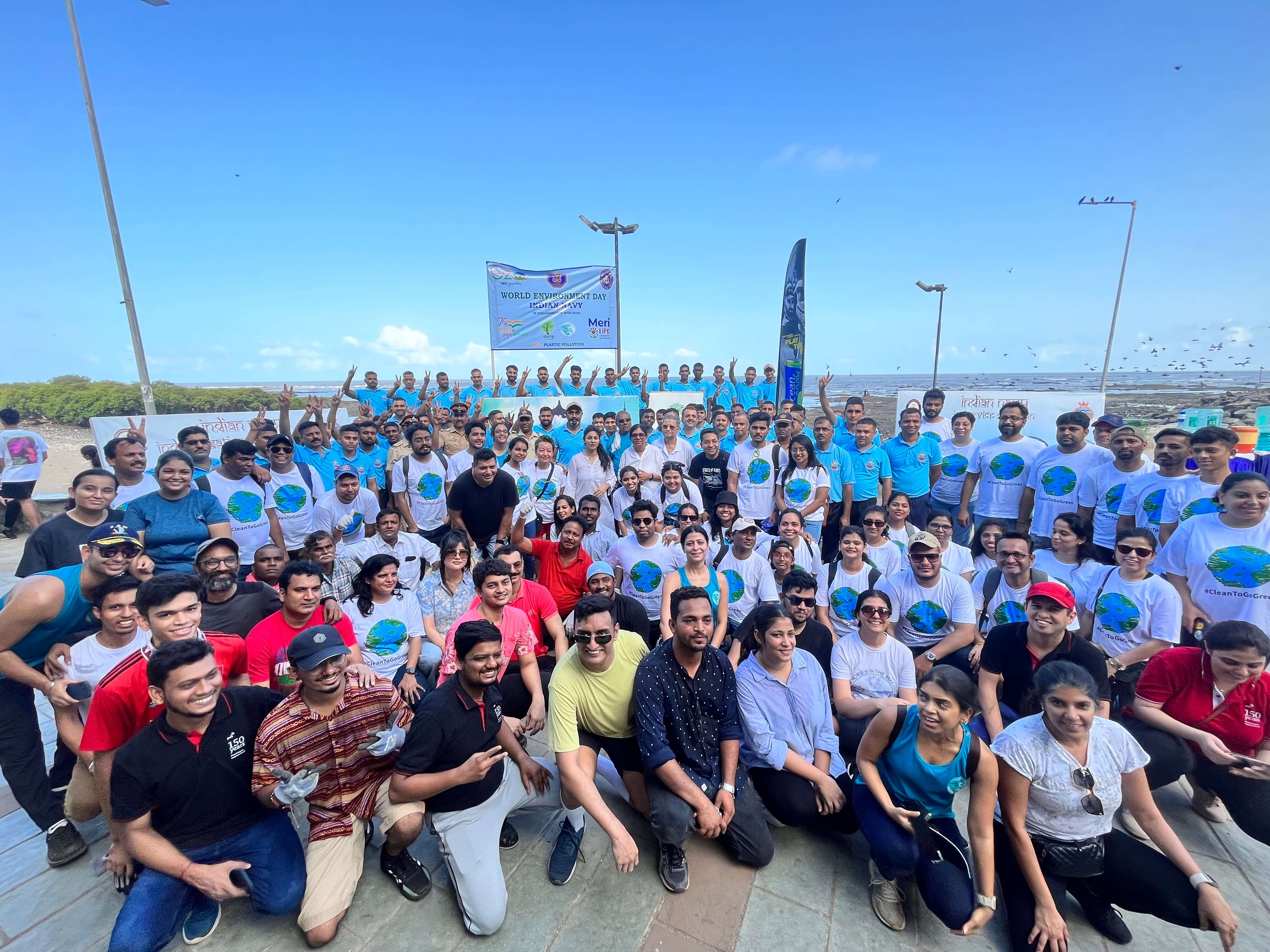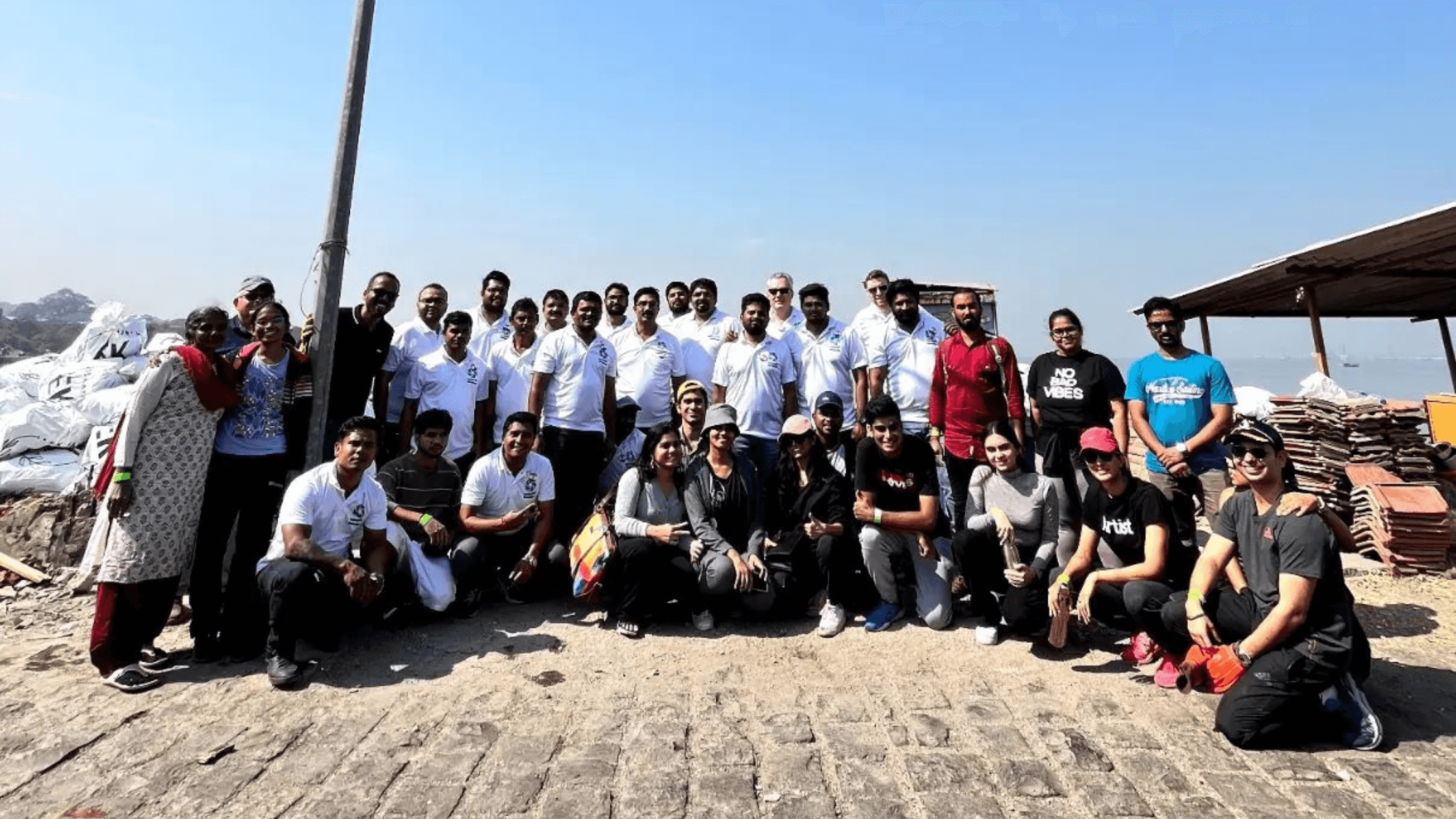With an aim to turn trash into treasure, Project Kuda an initiative to help implement a responsible waste management system promoting circular economy.
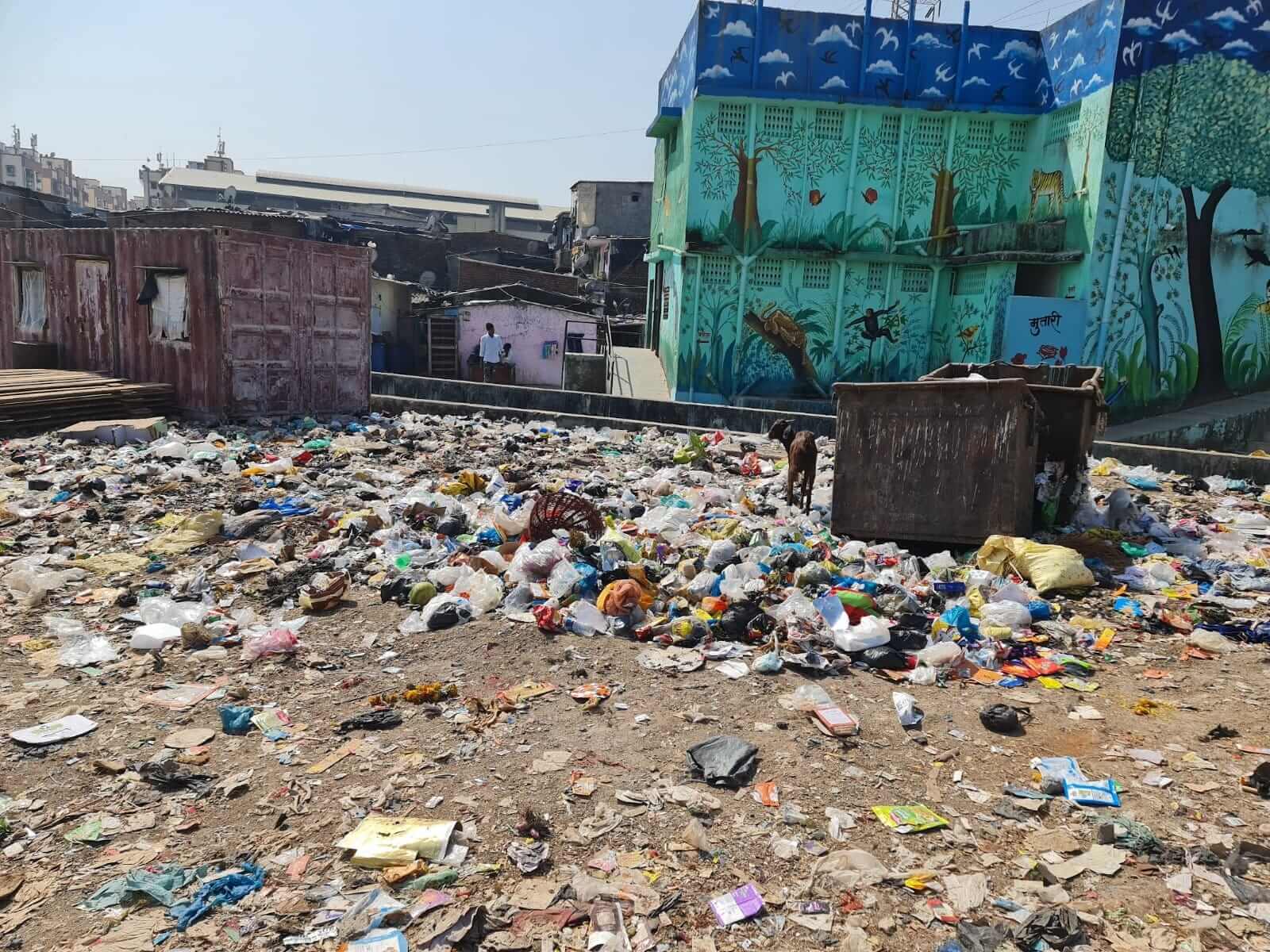
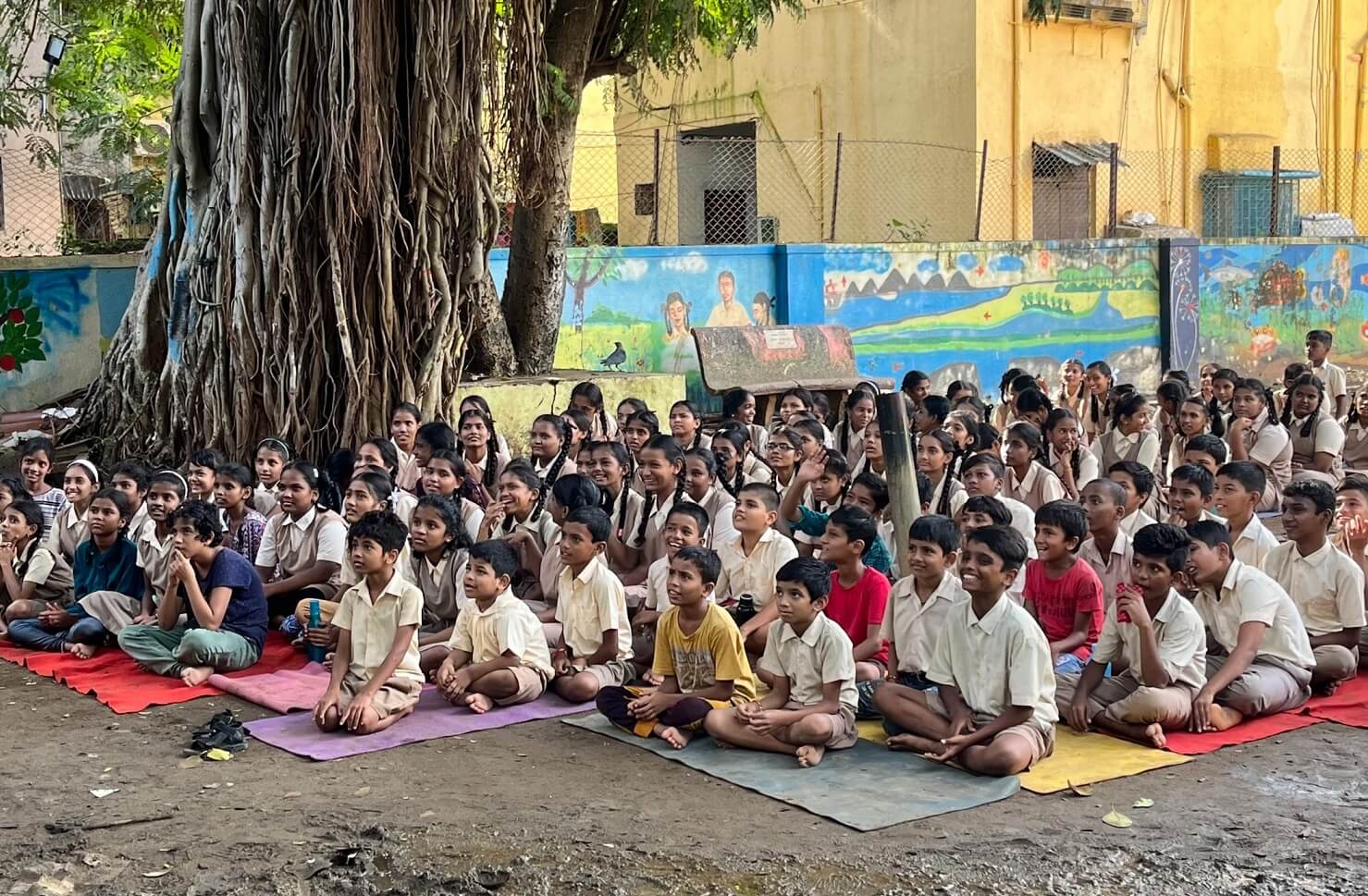
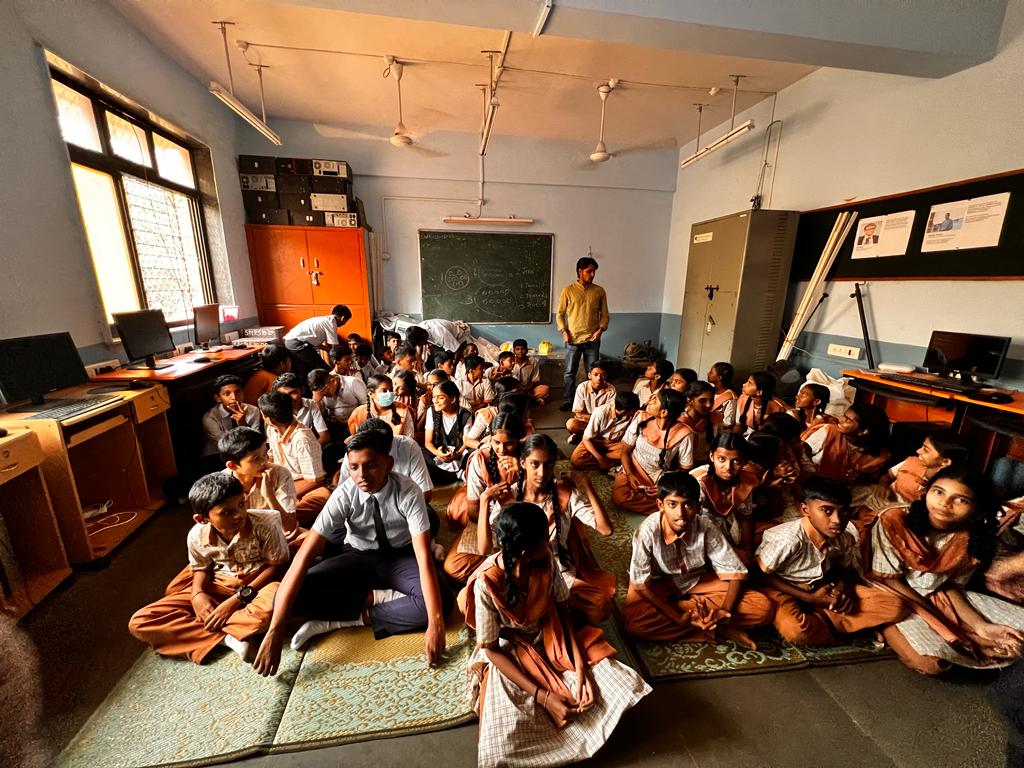
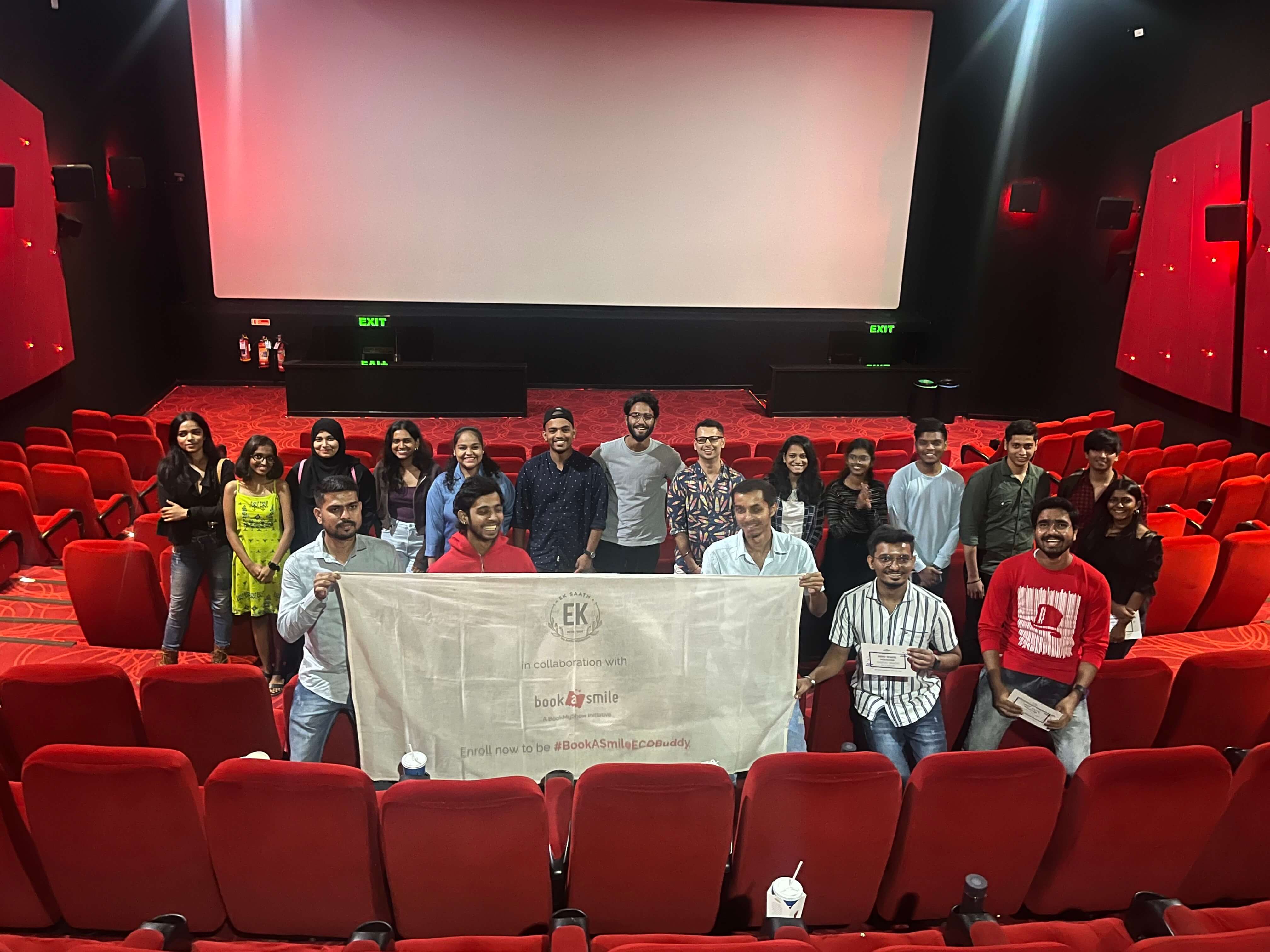
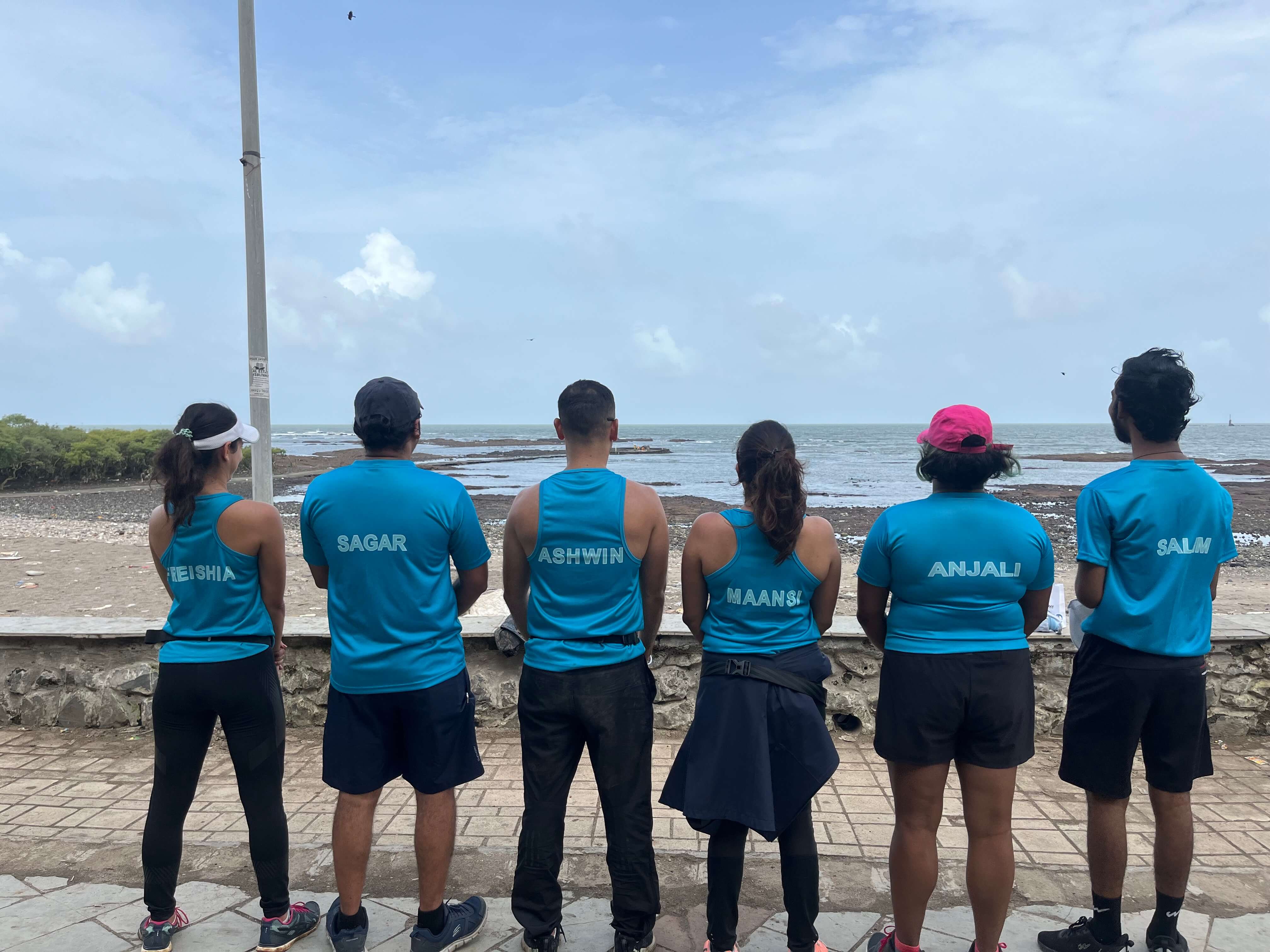
Projects
Back to roots
With an aim to leave Green Imprints, let us Ek Saath Plant trees for a sustainable future
Eco Shiksha
With an aim to impart knowledge and educate students about the environmental impacts of dumping or wasting “garbage gold”
Employee Engagement Programmes
With an aim to sensitise and build a sense of responsibility towards the environment
Celebrating oceans
With an aim to rejuvenating marine ecosystems, we are being the change we wish to sea!


